FINANCIAL OBLIGATIONS
Before you even begin to start seeing properties and calling agents, you have to get your finances in order. That begins with cleaning up old debts, improving your credit score, and building up a healthy savings to put a nice down payment if at all possible. Get this done first.
Be aware that many lenders will require private mortgage insurance. Based on the figures you're working with, you can check what a mortgage would look like on our Mortgage Calculator.
Once you have your financial ducks in a row, it’s time to start preparing for the house hunt. The first step is actually going to a bank and getting pre-approved for a home loan.
Keep in mind that pre-approval and pre-qualification are two different things:
• Pre-Qualification: Only tells you what the lending institution might lend you based on the
information you provide them
• Pre-Approval: Tells you how much the lending institution will lend you after verifying income, credit
score, bank statements, etc.
When you go to an open house with a pre-approval letter in hand, the seller knows that you are a serious buyer. Plus knowing exactly how much you are approved for can help you stay within your budget. When budgeting for your home purchase, it's important to start with the obvious living expenses (food, car, medical, daily commute, etc) and then consider the other costs that will arise like:










